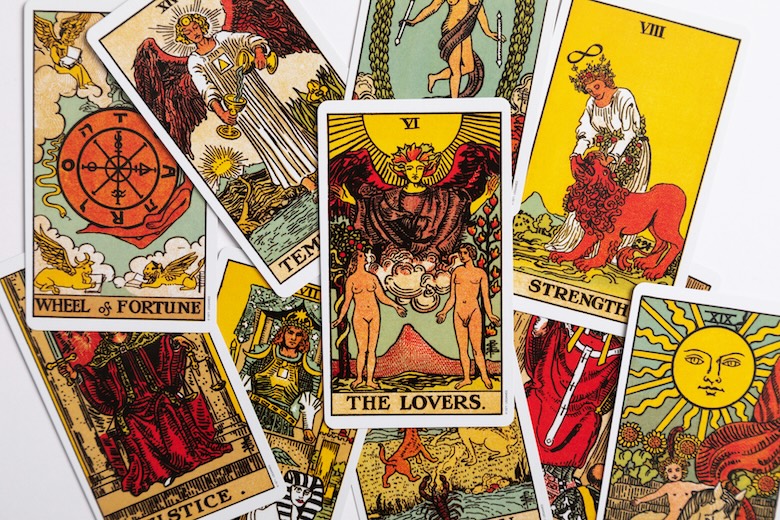
The integration of generative AI into astrology has sparked a novel debate surrounding its implications for mental health. While astrology has traditionally been viewed as a harmless form of entertainment for many, the advent of AI-driven astrology forecasts has raised concerns about the potential for increased dependency and belief in astrology, which could have unforeseen consequences on individuals’ mental health.
Generative AI, with its ability to provide personalized astrological readings at an unprecedented scale and accessibility, might inadvertently elevate astrology from a mere curiosity to a perceived authoritative source of guidance for some individuals. This transformation is particularly troubling given the pseudoscientific nature of astrology; its predictions and insights, though often vague and generally applicable, can be perceived as highly personalized and meaningful due to the Barnum effect. This phenomenon, where individuals see vague, general statements as highly specific to them, can lead to an overreliance on astrological forecasts for personal decision-making, potentially inhibiting critical thinking and promoting a form of dependency.
Moreover, there’s a risk that individuals might begin to attribute too much of their personal and emotional well-being to astrological predictions. This could lead to a neglect of more effective, evidence-based approaches to mental health care, such as therapy or psychiatric intervention, especially for those who may be predisposed to mental health issues. The situation is further complicated by the fact that AI-driven astrology services are available 24/7, providing an endless loop of engagement that can reinforce these dependencies.
The mental health implications of generative AI in astrology also extend to the nature of the content being consumed. Astrological forecasts that are overly optimistic or deterministic can create unrealistic expectations for the future, leading to potential disappointment and psychological distress when reality fails to align with these astrologically guided expectations. Conversely, negative predictions can induce anxiety, fear, and a fatalistic outlook on life, which are detrimental to mental health.
Furthermore, the personalized nature of AI-generated astrology readings can lead to a reinforcement of narcissistic traits. Individuals may become more self-absorbed, interpreting every astrological prediction as a direct reflection of their unique path and destiny. This can skew self-perception and exacerbate traits such as entitlement, superiority, and an inflated sense of self-importance.
In response to these concerns, there’s a growing need for a critical examination of the ethical implications of combining generative AI with astrology, particularly regarding mental health. It’s crucial to educate the public on the distinction between entertainment and evidence-based guidance, emphasizing the importance of seeking professional help for mental health issues. Additionally, developers and providers of AI-driven astrology services must consider implementing safeguards, such as disclaimers and mental health resources, to mitigate potential harms.
The convergence of generative AI and astrology opens up a Pandora’s box of ethical, psychological, and societal questions. As we navigate this new terrain, it’s vital to remain vigilant about the impact of such technologies on mental health and well-being, ensuring that advancements in AI serve to enhance human life, not detract from it.

